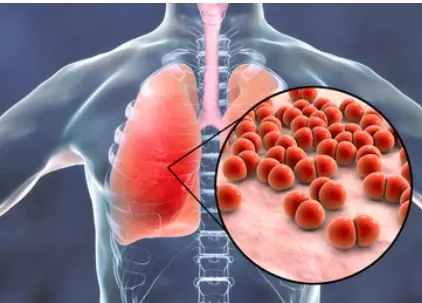 Welcome
Welcome
“May all be happy, may all be healed, may all be at peace and may no one ever suffer."
Carditis - Generics
Carditis refers to inflammation of the heart muscle, also known as myocarditis, or inflammation of the lining of the heart, known as endocarditis. It is usually caused by an infection, such as a viral or bacterial infection, but can also be caused by other factors such as autoimmune diseases, medications, or environmental toxins.
Symptoms of carditis can vary depending on the underlying cause, but may include chest pain, shortness of breath, palpitations, fatigue, fever, and swelling in the legs or abdomen.
Diagnosis of carditis typically involves a physical exam, blood tests, imaging tests such as an electrocardiogram (ECG) or echocardiogram, and possibly a biopsy of the heart muscle or heart lining.
Treatment for carditis depends on the underlying cause and severity of the inflammation. In cases caused by infection, antibiotics or antiviral medications may be prescribed. In cases caused by autoimmune diseases, immunosuppressive medications may be used. Supportive measures such as rest, reducing physical activity, and avoiding certain medications or substances may also be recommended.
Prevention of carditis involves practicing good hygiene, such as washing hands frequently, and getting vaccinated against infections such as influenza and certain types of bacterial infections. It is also important to seek prompt medical attention if symptoms of carditis or any other heart-related symptoms are present.

Night blindness

Meningitis

Hypoparathyroidism

Uterine fibroids

Joint pain

Chronic bronchitis

Cracked and itchy skin

Down Syndrome
Carditis, কার্ডিটিস
To be happy, beautiful, healthy, wealthy, hale and long-lived stay with DM3S.